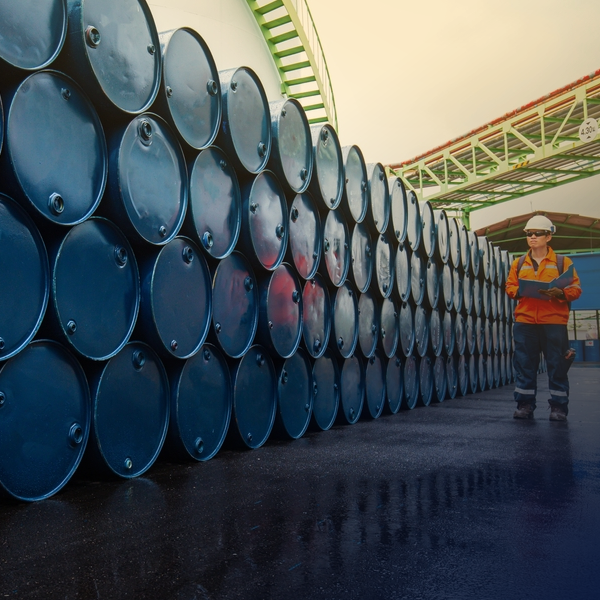General warehousing
“General warehousing of oil” typically refers to the storage and management of oil and related petroleum products in a warehouse or storage facility. This can encompass various types of oils, including crude oil, refined petroleum products (such as gasoline, diesel, and jet fuel), lubricating oils, and other specialty oils.
Here are some key aspects to consider when it comes to general warehousing of oil:

